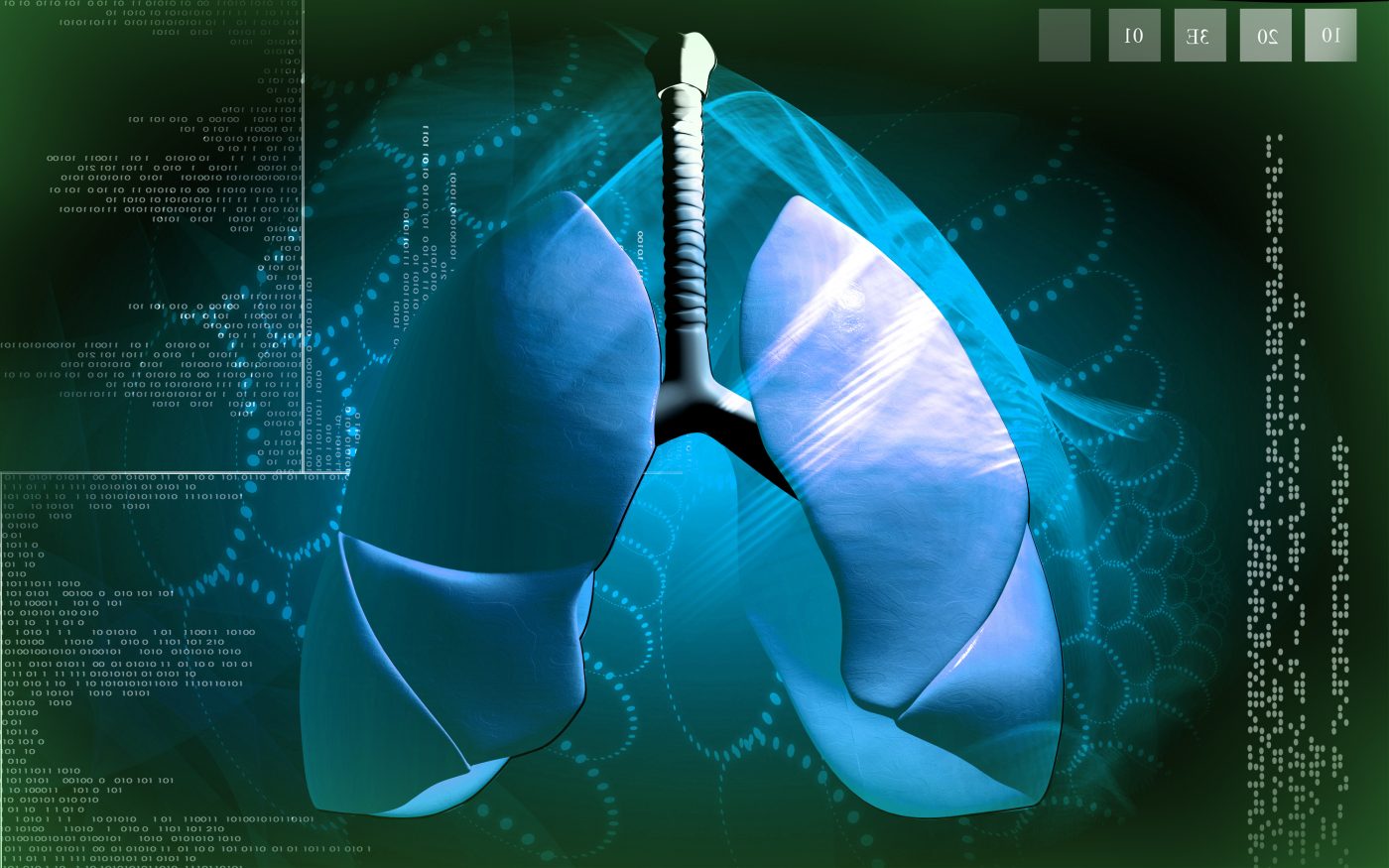Stem Cell Study Into Repairing Damaged Lungs Wins $100K ALA Grant

The American Lung Association (ALA) gave a Catalyst Award, worth $100,000 over two years, to a scientist whose study will address the regeneration of damaged lung tissue.
Ya-Wen Chen, PhD, an assistant professor of medicine and stem cell biology and regenerative medicine at the University Southern California (USC), will use the $50,000/year grant to investigate if a distinct group of stem cells might repair damaged lungs in people with diseases such as idiopathic pulmonary fibrosis (IPF).
“For many patients with chronic lung diseases, the only available treatment is transplantation — a difficult, dangerous surgery that involves challenges ranging from the severe shortage of donor organs to immune rejection,” Chen said in a USC press release.
“Even patients who are lucky enough to receive donor organs only have a 10 to 20 percent survival rate at 10 years. If we can encourage these patients’ own cells to repair damage and heal their lungs, we could dramatically improve this prognosis,” Chen added.
Stem cells called distal small airway epithelial progenitors (SAEPs) may repair damage in alveoli, the air sacs of the lungs that regulate oxygen and carbon dioxide exchange, Chen stated in the release.
SAEPs have a central role in maintaining free airflow to and from the alveoli, and in defending the lungs against bacteria and particles that are inhaled from the environment. As stem cells, SAEPs also have the ability to develop in response to an injury and initiate a repair process.
The use of these cells is particularly relevant in IPF, as they may repair its irreversible scarring, or fibrosis, of lung tissues.
Chen and colleagues will use “lung bud organoids,” 3D lab-grown structures made of stem cells, showing branching airway and premature alveolar structures resembling miniature lungs.
In contrast to cell cultures, these 3D models are able to mimic the environment inside the lungs, allowing researchers to better understand complex interactions among cells.
“Our ultimate goal is to leverage patient’s existing stem and progenitor cells to promote healing through a non-surgical, regenerative approach,” Chen said.
Aiming to support scientific research focused at easing the impact of lung diseases, the ALA has committed a total of $11.55 million to support 98 researchers, including Chen.
“Despite the fact that the pandemic poses significant economic challenges … the American Lung Association is prioritizing research and significantly increasing award funding to help improve the lung health of all Americans,” Harold Wimmer, president and CEO of the ALA, said in the release.







